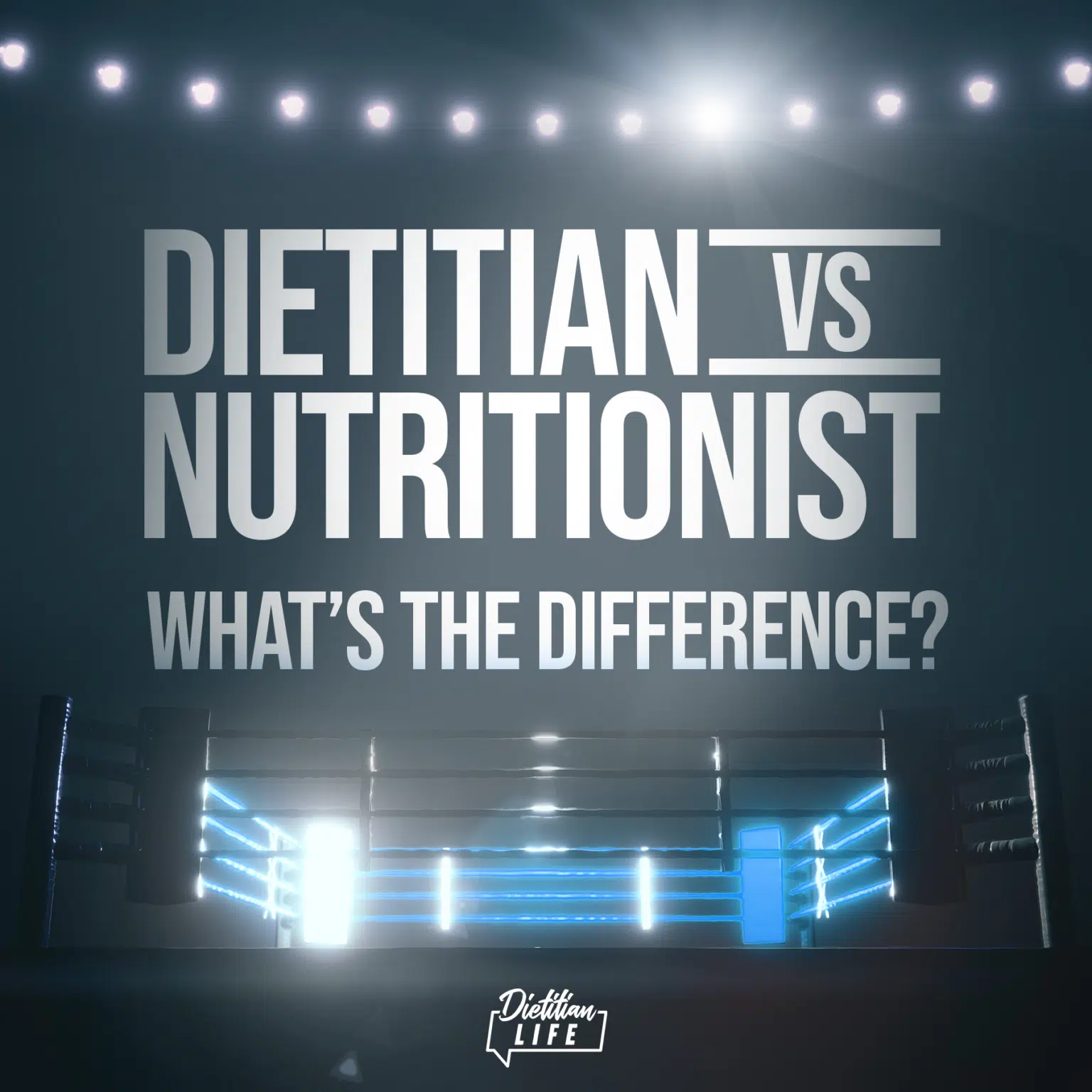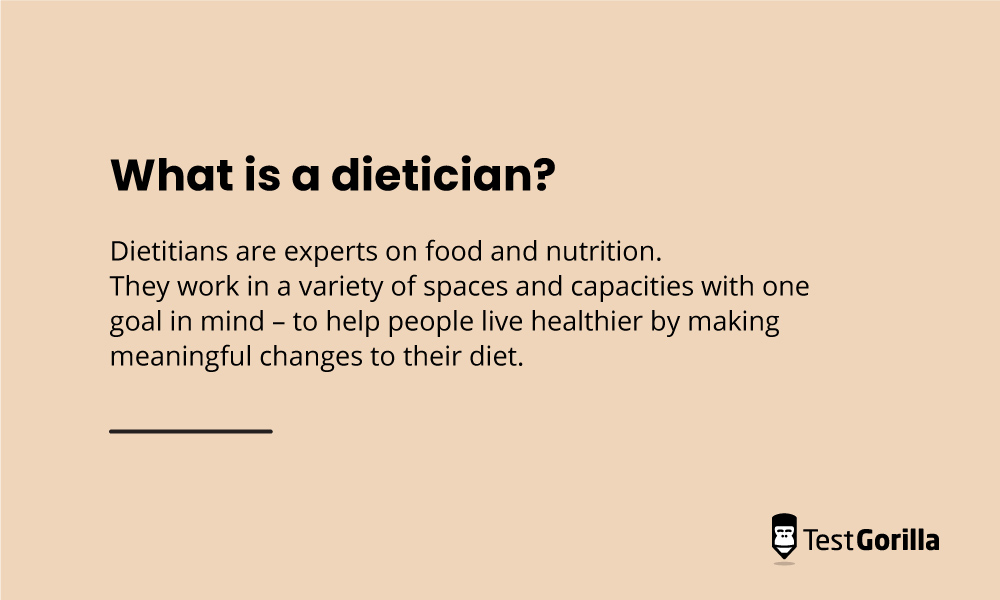All Categories
Featured
Table of Contents
- – Who Has The Best Accredited Nutritionist Service?
- – What Is The Best Spring Dietitian And Personal...
- – Should I Hire A Professional Pressure Washing...
- – Is It Worth Paying For Accredited Practising ...
- – Which Is The Best Corporate Nutritionist Ser...
- – What Is The Best Women’s Health Dietitian Se...
The kinds of Nutritionists are: and. The former are those people that use the scientific technique to research nutrients, both as specific substances and as they connect in food and nourishment while the latter are specialists who aid in detecting the nutritional troubles of areas and in discovering remedies to those troubles.
: They deal with wellness programs and worldwide health organizations.: They are accountable for large food preparation and service.: They are specialists in nourishment and aging. They are Board accredited in Gerontological Nutrition with the American Dietetic Association.: They are mostly entailed with nutritional relevant study in the scientific aspect of nourishment in condition states, public element on key, second and in some cases tertiary wellness avoidance and foodservice facet in concerns entailing the food gotten ready for clients.
Who Has The Best Accredited Nutritionist Service?
, and papers-- either as a professional visitor point of view, regular reporter or guest, or for resource, restaurant, or dish growth and critique.: These job under exclusive practice. As explained over, all dietitians are nutritional experts yet not all nutritionists have the credentials and qualifications to be called dietitians.
This indicates precisely the same thing as Registered Dietitian (RD), a term that has actually been in use for a lengthy time. All RDs are RDNs however some pick to call themselves that and some do not. Additionally making complex issues are license demands. While accreditation to end up being an RD or RDN is controlled by the Academy of Nourishment and Dietetics a nationwide organization licensure is managed by individual states.

In order to give medical nutrition treatment and qualify as providers for insurer, a dietitian has to be accredited by the state. According to the Bureau of Labor Stats, the demand for dietitians and nutritionists is anticipated to increase by 20% in between 2010 and 2020 this is a much faster growth rate than the standard for all line of work.
What Is The Best Spring Dietitian And Personal Trainer
There are significant distinctions in compensation based upon field of expertise, with Scientific Pediatric Dietitians and Dairy products Nutritionists averaging about $90,000. In 2014, The Bureau of Labor Statistics (BLS) located that the top 10% of dietitians and nutritional experts make greater than $79,000, and the bottom 10% much less than $36,000 - Dietitian. A mean hourly wage of $27.62 was computed for both industries, with the leading 10% earning above $38.00 per hour, and the bottom 10% earning below $17.00 per hour

However, there is a variety of tasks available in various atmospheres for those that desire to collaborate with the general public, along with for those that like more research-focused employment. Several enter into one of these areas in order to help people live much healthier lives which can be tremendously gratifying.
With existing stats that one-third of the united state population is obese, along with a big number of elderly U.S. residents, dietitians and nutritionists are likely to have a much more considerable duty in the future. My Plan places dietitians and nutritionists at # 53 in their happiness index of top 300 jobs with the highest possible work satisfaction scores.
In addition to attending an approved program, many states call for dietitians to be certified or to have expert accreditation, or both.
Should I Hire A Professional Pressure Washing Contractor?
Your core classes may include: Food science Chemistry Wellness treatment plan Professional nutrition Biostatistics Microbiology Food solution administration You'll also need to complete a dietetic teaching fellowship.

And to progress in the area, you'll likely require a master's degree. So, whether created in legislation or otherwise, dietitians and nutritional experts lot of times require a comparable education. Common bachelor's degrees for nutritionists include nourishment scientific research or a relevant discipline, such as dietetics, kinesiology, food system administration, or biochemistry. Some of your training courses could include: Patterns in nourishment Biomedical data Scientific nourishment Food, nourishment, and behavior Nutritional ecology Community nourishment Physiology Some level programs include internships, however in others you'll have to discover opportunities by yourself.
The number of hours you'll require might depend upon demands in the state where you'll function. Whether you prepare to make a credential or otherwise, it's a great concept to finish at the very least one teaching fellowship to obtain important experience before seeking a full time duty. Licensing and accreditation needs for nutritionists and dietitians vary from one state to another.
Is It Worth Paying For Accredited Practising Dietitian?
A specialist certification demonstrates your competence and knowledge in your field. These are not certificate programs. A certificate shows that you have actually taken a training program to learn a skill. Certification reveals your mastery extends beyond your education and learning which you have actually passed a qualifying test. Below are the leading qualifications for dietitians and nutritionists.
The titles are basically the same. There's no specialist difference between them, and you're free to select which one you wish to use based upon individual choice. To take the accreditation test, you need to: Make an undergraduate degree that's certified by the ACEND Complete a dietetics teaching fellowship After Jan. 1, 2024, you'll need to earn a master's degree to certify for the qualification.
Which Is The Best Corporate Nutritionist Service?
There is a variety in incomes, with the bottom 10% around $44,910 and the leading 10% around $98,830, according to the BLS. Nutritionist and dietitian duties are expected to grow 6.6% with 2032, according to the BLS.
This doesn't mean that a person career is exceptional to the various other, as they both have various functions and qualifications that may in some cases overlap. If you desire to discover more about what makes these careers distinct, keep analysis. Diet professionals are specialists who help boost the quality of life through healthy food choices.
What Is The Best Women’s Health Dietitian Service?
Nutritionist advice regarding nutrition's influence on wellness. The area is much less controlled than diet professionals; for this reason, nutritionists' levels of knowledge and credentials can differ.
There are numerous distinctions between diet professionals and nutritional experts. Here are the training and background specifications. Diet professionals generally hold a bachelor's level in dietetics, nutrition, or a related field. As their careers breakthrough, numerous diet professionals go after postgraduate degrees, like a Master's or Doctorate, to specialise in certain locations of nutrition. Diet professionals have to take on monitored useful training as component of their education and learning to gain hands-on experience in clinical setups, neighborhood nutrition programs, or food solution administration.
Table of Contents
- – Who Has The Best Accredited Nutritionist Service?
- – What Is The Best Spring Dietitian And Personal...
- – Should I Hire A Professional Pressure Washing...
- – Is It Worth Paying For Accredited Practising ...
- – Which Is The Best Corporate Nutritionist Ser...
- – What Is The Best Women’s Health Dietitian Se...
Latest Posts
What Is The Best Online Gym Trainer Available Today
Weight Loss Coach
Best Nutritionist (Dudley Park )
More
Latest Posts
What Is The Best Online Gym Trainer Available Today
Weight Loss Coach
Best Nutritionist (Dudley Park )